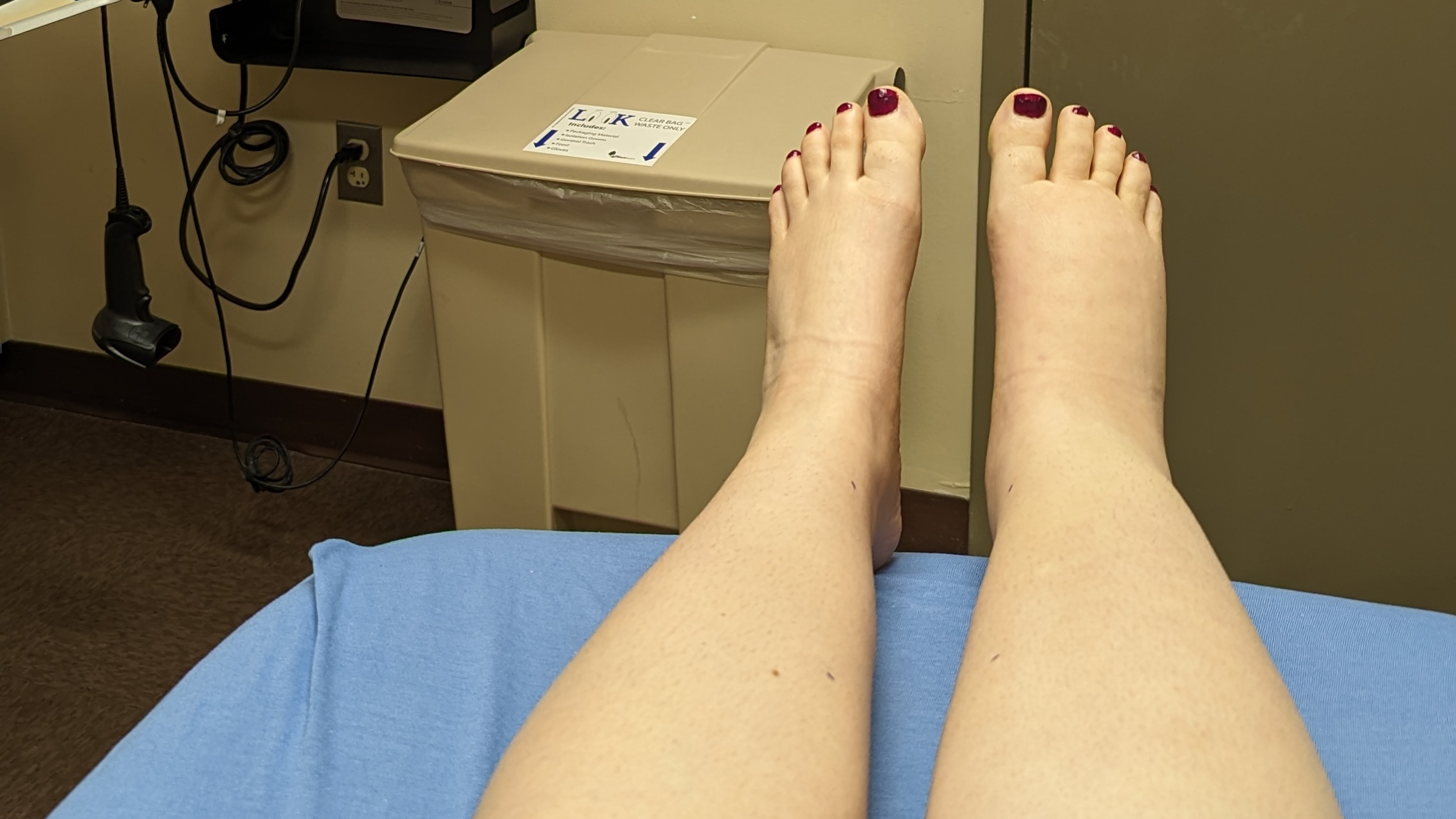Finding a lymphedema therapist to work with can be a difficult and sometimes daunting process: How do you find a lymphedema therapist? What does it mean to be “qualified”? Will insurance cover it? Where do you even start?!
What qualifies as “qualified”?
First things first: to be a qualified lymphedema therapist requires certification, which usually entails completion of training in lymphedema therapy and working with patients in a clinical setting for a requisite amount of hours. A certified lymphedema therapist (CLT) usually has fundamental training as a physical therapist, occupational therapist, or a massage therapist, which is helpful knowledge and experience to have in conjunction with lymphedema treatment!
There are a number of schools that offer lymphedema certification, such as the Dr. Vodder School International or Klose Training, which provide comprehensive training in not only lymphedema treatment but also the structures and functions of the lymphatic system. These programs are great because they really give therapists a thorough understanding of lymphedema, which in turn allows them to really work from a place of awareness of your lymphatic system in order to give you the most effective treatment possible.
Therapist Directories
The internet is a great resource when locating therapists in your area. Below are a number of lymphedema organizations and training programs—I’ve linked them straight to their therapist directories so your search is just a click away!
- Academy of Lymphatic Studies
- Klose Training Lymphedema Certification
- Norton School of Lymphatic Therapy
- The Dr. Vodder School International
- Lymphology Association of North America (LANA)
- National Lymphedema Network
- American Lymphedema Framework Project (they also have a mobile app!)
- Lymphatic Education & Research Network
- Alberta Lymphedema Association
- British Columbia Lymphedema Association
- Lymphedema Association of Saskatchewan
- Lymphedema Association of Ontario
- Lymphedema Association of Quebec
- MLD UK
- MLD Ireland
- LymphNetzwerk
- Wittlinger Therapy Centre
*This is by no means a complete list, so if you know of any other resources please include them in the comments section!
Other Options
Another way to find a lymphedema therapist is simply through word of mouth. If you know anybody with lymphedema or are a member of a cancer support group, ask if they have any recommendations. Pick their brains: what do they like most about their therapist? Why do they recommend them?
You can also check with your local hospital: many provide lymphedema treatment as an outpatient program through their rehabilitation, physical therapy, occupational therapy, or cancer treatment programs; cancer centers or oncology practices may also have information about therapists. And, of course, you can ask the physician who diagnosed your lymphedema if they have any recommendations or if they can write you a referral.
Once you’ve found a therapist you’d like to consider seeing, do not hesitate to ask them questions! Ask how long they’ve been practicing, when and where they completed their training, and whether they’ve received specific training in complete decongestive therapy. It’s also good to check whether or not they take insurance!
A lot of the daily aspects of lymphedema treatment lies within our own hands, but therapists play a big part in our care and are wonderful sources of support, education, and motivation. I love my lymphedema therapists—I’ve worked with them for almost five years now and they’ve really taught me so much about lymphedema and how to manage it. Hopefully you find the same with yours!
Support World Lymphedema Day
 There are a number of ways you can help support World Lymphedema Day and show your solidarity! In addition to signing and sharing the petition, you can add a banner to your social media profile photos, or post your support on Twitter. These seemingly small gestures can inspire meaningful conversation about lymphedema and the need for awareness!
There are a number of ways you can help support World Lymphedema Day and show your solidarity! In addition to signing and sharing the petition, you can add a banner to your social media profile photos, or post your support on Twitter. These seemingly small gestures can inspire meaningful conversation about lymphedema and the need for awareness!
You can also support lymphatic research by donating to one of the research organizations, such as the Lymphatic Education & Research Network or the National Lymphedema Network, or by getting involved in the upcoming Lymphedema Lobby Days in D.C. this April.
Check out last year’s post for even more ideas on how to promote lymphedema awareness!
Keep checking back for more helpful information about lymphedema and lymphedema awareness throughout the week as we get closer to establishing the first-annual World Lymphedema Day on March 6th!




Leave a Reply